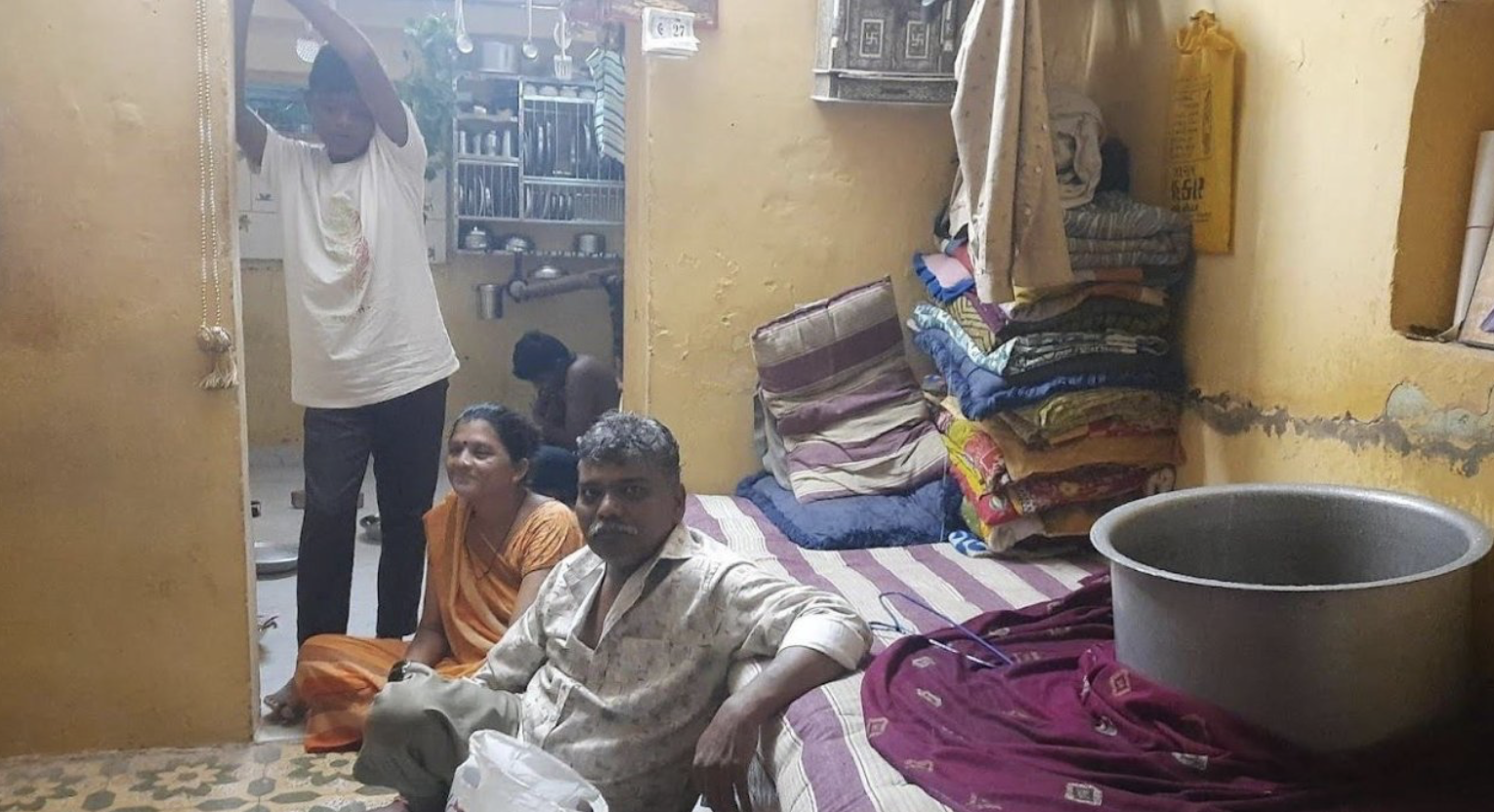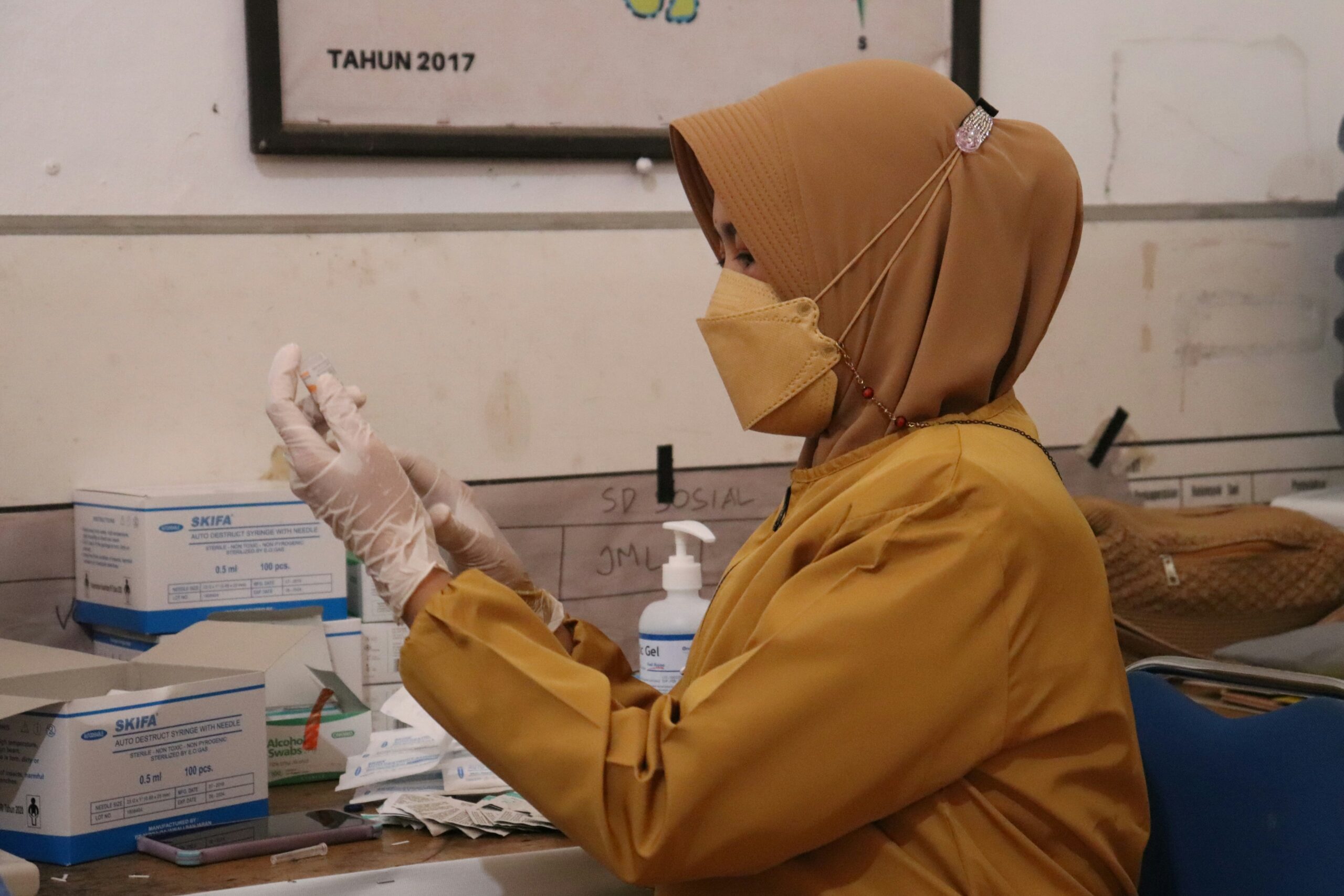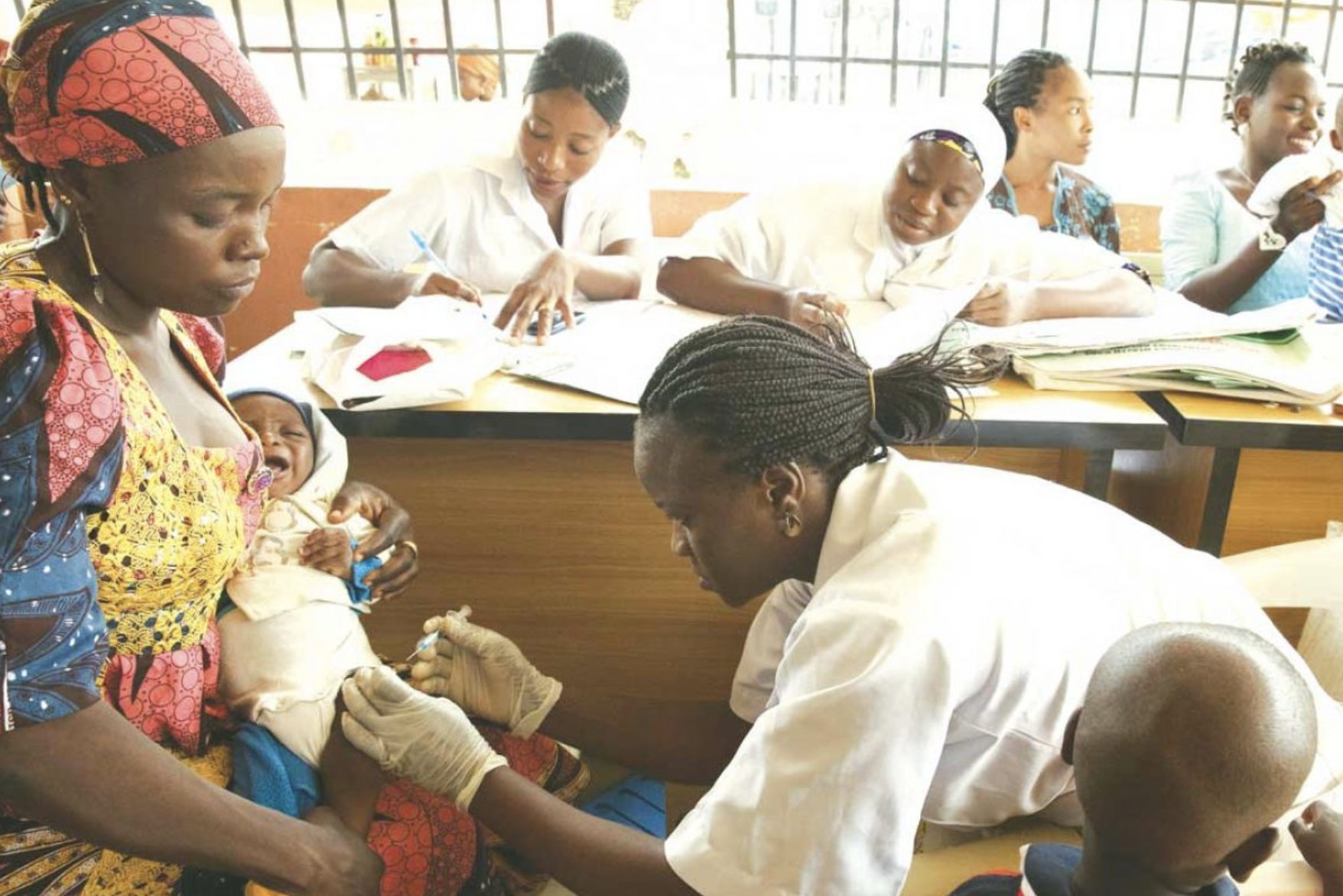Germany faces challenges in public health despite its strong economy and social welfare system, with health indicators lagging behind other European nations. Key issues include the lack of a central public health authority, insufficient funding for prevention, and...

Mexico strengthens its healthcare system by integrating public health and medical care
In order to achieve universal access to health care, the Mexican government knows that public health is a key element of the health system. This way the attention to the population is done in a more efficient way, thus improving the quality of service and waiting...

The Unfulfilled Promises of Narendra Modi’s Ayushman Bharat, the World’s Largest Health Scheme
Ayushman Bharat has faced criticism for its inadequate funding, low hospital bed availability, and insufficient support for the most marginalized communities. Despite government claims of success, many beneficiaries experience high out-of-pocket expenses and financial...

Afghanistan’s new National Health Policy (2025–2030): a roadmap to a healthier future
The Afghanistan Ministry of Public Health and WHO launched the National Health Policy (NHP) 2025–2030 to provide quality health care access for all Afghans. The policy emphasizes governance, financing, and workforce development, aiming for a resilient health system...

Addressing Africa’s health financing gap: Insights from the AHAIC Conference
Experts at AHAIC 2025 emphasised domestic resource mobilisation, prevention, and public-private partnerships to close Africa’s health financing gap, with only $40 per capita for healthcare in many nations. At the Sixth Africa Health Agenda International Conference...
Forecasting total and cause-specific health expenditures for 116 health conditions in Norway, 2022–2050
This study forecasts an increase in Norway's health spending from 10.6% of GDP in 2022 to 14.3% by 2050, driven primarily by population growth, aging, and rising costs per case. While the overall expenditure growth is inevitable, improving resource allocation and...

Changing global health landscape affects the Caribbean
The Caribbean countries, small island nations and the region in general must adapt to changing financing for global health. Increased South-South collaboration and enhancing regional cooperation are the future of resilient and sustainable Universal Health Coverage.The...

Malaysia’s healthcare system a ticking bomb
Malaysia's healthcare system is facing significant challenges due to a growing non-communicable disease epidemic, an ageing population, chronic underfunding, and a demoralised workforce, all of which threaten the quality and accessibility of care. Malaysia's...

Egypt, Armenia explore cooperation opportunities in health sector
Deputy Prime Minister and Minister of Health and Population Khaled Abdel Ghaffar met with Armenian Ambassador Armen Sarkissian to enhance collaboration in the health sector, focusing on pharmaceuticals, training, and health insurance. Deputy Prime Minister and...

Pathways to solving Nigeria’s out-of-pocket healthcare emergency crisis
Nigeria faces severe public healthcare challenges, with over 90% of the population relying on out-of-pocket payments, leading to substantial financial hardship and high rates of preventable illnesses and deaths. Despite the establishment of the National Health...

Strengthening Health Insurance Collaboration Between Estonia and Uzbekistan
The State Health Insurance Fund of Uzbekistan (SHIF) and the Estonian Health Insurance Fund (EHIF) held an online meeting to discuss Estonia’s successful health insurance system and explore opportunities for collaboration. On 28 February, the State Health Insurance...
Opportunities and Challenges in Health Financing in India
India’s current landscape encompasses various government-financed and private insurance schemes. While there has been significant expansion in recent years, coverage gaps remain, slowing progress towards universal and equitable coverage. This paper analyses the...

Governments explore innovative financing for NCD treatment
NCDs cause nearly 75% of global deaths, yet funding remains scarce. Experts at a Kigali forum called for increased domestic resources through excise taxes, pooled procurement, and public-private partnerships. Governments worldwide are under growing pressure to...
Policy analysis of the Universal Public Health Insurance program for Afghan refugees in Iran: a protocol study
This study addresses the challenges and weaknesses in refugees’ access to healthcare, particularly focusing on Afghan refugees in Iran, by comparing insurance policies from the seven countries with the highest refugee populations. It aims to analyze structural and...
A new compact for health financing: Insights from policymakers across Africa
In January 2025, the Center for Global Development (CGD) and the Addis Center for Ethics and Priority Setting in Health (ACEPS) hosted a roundtable with policymakers from 14 African countries to discuss a New Compact for health financing. This note on the roundtable...
